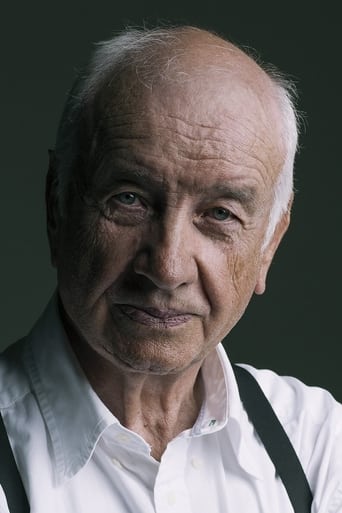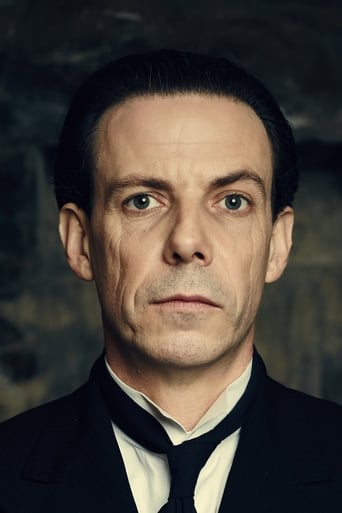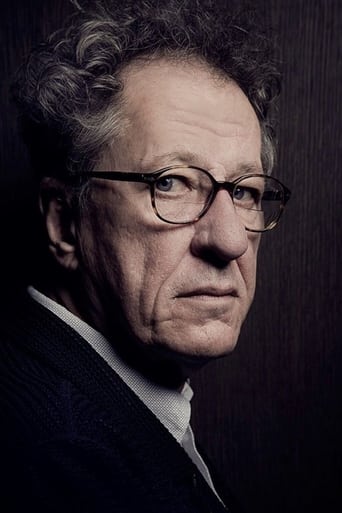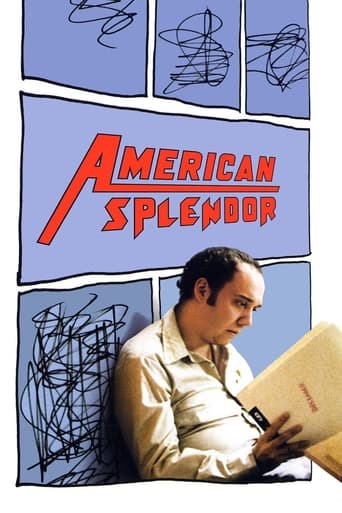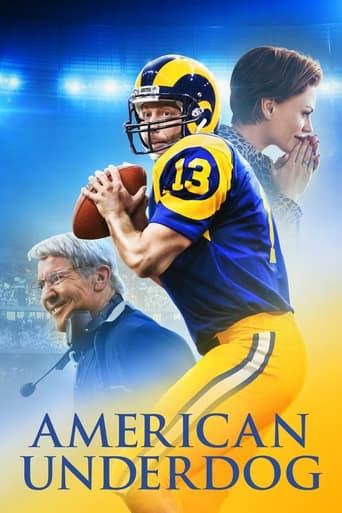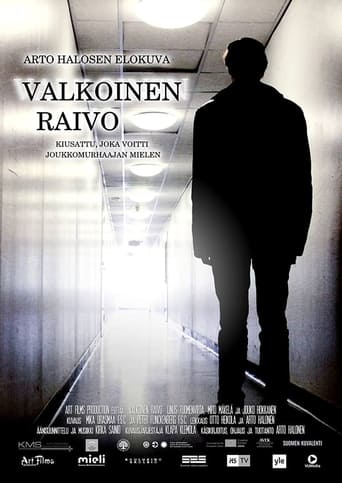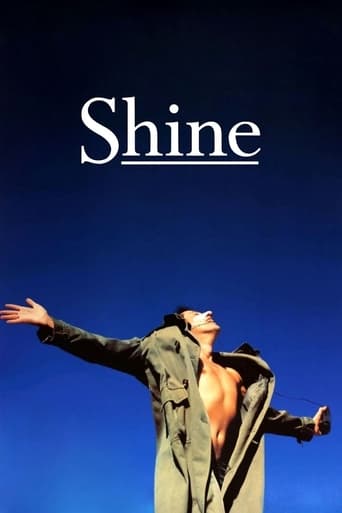
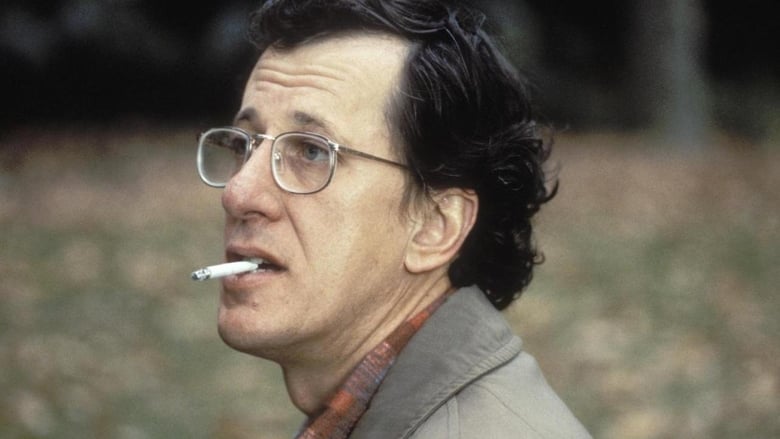
Shine (1996)
Pianist David Helfgott, driven by his father and teachers, has a breakdown. Years later he returns to the piano, to popular if not critical acclaim.
Watch Trailer
Cast


Similar titles
Reviews
Pianist David Helfgott (Geoffrey Rush), driven by his father and teachers, has a breakdown. Years later he returns to the piano, to popular if not critical acclaim.I have to say this film did not personally strike me. That is not to say it is a bad film. It is very good film. But just not one that really captured my attention or made me really care about the characters. There is something to be said about talent, genius, mental instability and many other things, and this film says a little bit about each of those. But it did not hit quite hard enough.On the plus side, we have Geoffrey Rush. Today (2015), he is probably better known for his part in the "Pirates of the Caribbean" movies, but some of us remember when he had some great dramatic roles. This is one, as is his great work in "Quills".
David Helfgott (Geoffrey Rush) can't stop talking and unable to relate normally. He surprises everybody by being a great pianist. As a child, he struggles under his domineering father Peter (Armin Mueller-Stahl). He's a child prodigy. His father pushes him to the breaking point by insisting on playing the difficult Rachmaninoff. As a young man (Noah Taylor), he gains some success and eventually escapes from his abusive father to go to school in London. He breaks down and is institutionalized.The adult Helfgott is fascinating with a terrific performance from Geoffrey Rush. His reveal to his acquaintances is a great scene. However half of the movie doesn't have Rush. It's about the younger Helfgott and the best part is his crazy father. It's a disturbing performance from Armin Mueller-Stahl. Noah Taylor also does a nice job.
I did some reading after this driven by idle curiosity about the account. The real Helfgott didn't spend 15 years abandoned in a room with a piano, he didn't have to stand in the rain outside of a bar before they would let him in, he was pretty well known in the local scene as a pianist, his father was not a Holocaust survivor and David had been married before, father and son were never really estranged and David was present at his funeral.But the 'objective' point-of-view that purports to explain him, or any of us at any time based on a few facts, is in the end no less hypocritical than any attempt to pass dramatization as 'the real story'. This matters. Someone can be present at a funeral without being truly present, and someone can feel forgotten and alone even when they're factually surrounded by people, estranged from a parent even when formally this was never so.The film is at a simple emotional level where the attempt to conquer a maddening complexity (music, life) snaps the tethers of mind and in due time the reconfiguring of this damage into blossoming art. The moral is that we must keep trying and hope for the best, perhaps the worthiest lesson even if it appears slightly trite in the context of a more or less happy ending. Still, why feel the need to invent all those things, knowing you are doing nothing short of that? When the inflicted violence on the son could be inferred by a more ambiguous tension instead of an outright beating.Because, it seems, we can only choose to accept the lesson if at the center we find a good soul worthy of the saving. In other words, it is not the fact that he gives a great last recital that matters, but that he plays at all, not that a genius was salvaged because he might never have been that, but a human being. And this is what rankles so much Helfgott's piano critics who find him borderline incompetent in his playing - he is cheered on in concerts because he is the character from this film.Ideally we would be able to discern all these points here instead of one harmony: the truly damaged but kind soul, the inability to place blame for that damage on any ogre father or Holocaust, and being able to somehow experience his music (the real Helfgott recorded for the film) as a trained ear would, fixated flourishes followed by distraction and incompetence according to critics, musically extending the damaged self.For a more demanding film on the same subject of madness and transcendent musical genius see a little known film on a medieval composer called Death in Five Voices: all about the dissonance between different voices trying to harmonize a story and this carried in the music itself.
Shine is the real life story of David Helfgott, a gifted pianist suffering from some severe mental problems. Three different actors portray the tortured soul at three stages of his life, concluded by Geoffrey Rush's stream of consciousness and Oscar winning performance, which makes the film well worth the occasionally bumpy ride. A strict and domineering father physically beats and mentally abuses young David; all while telling him what a lucky boy he is to have a good family. After his dad forbids his travel to America, David later works up the courage to move to England to study music on scholarship. After a difficult concert, he has a nervous breakdown which leads to a stay at a mental hospital where he receives shock treatment. He recovers to some extent when he meets a woman who initially treats him as a patient and eventually marries him. The cast is outstanding, starting with Rush and with great support by Lynn Redgrave and John Gielgud. The music is also excellent.


